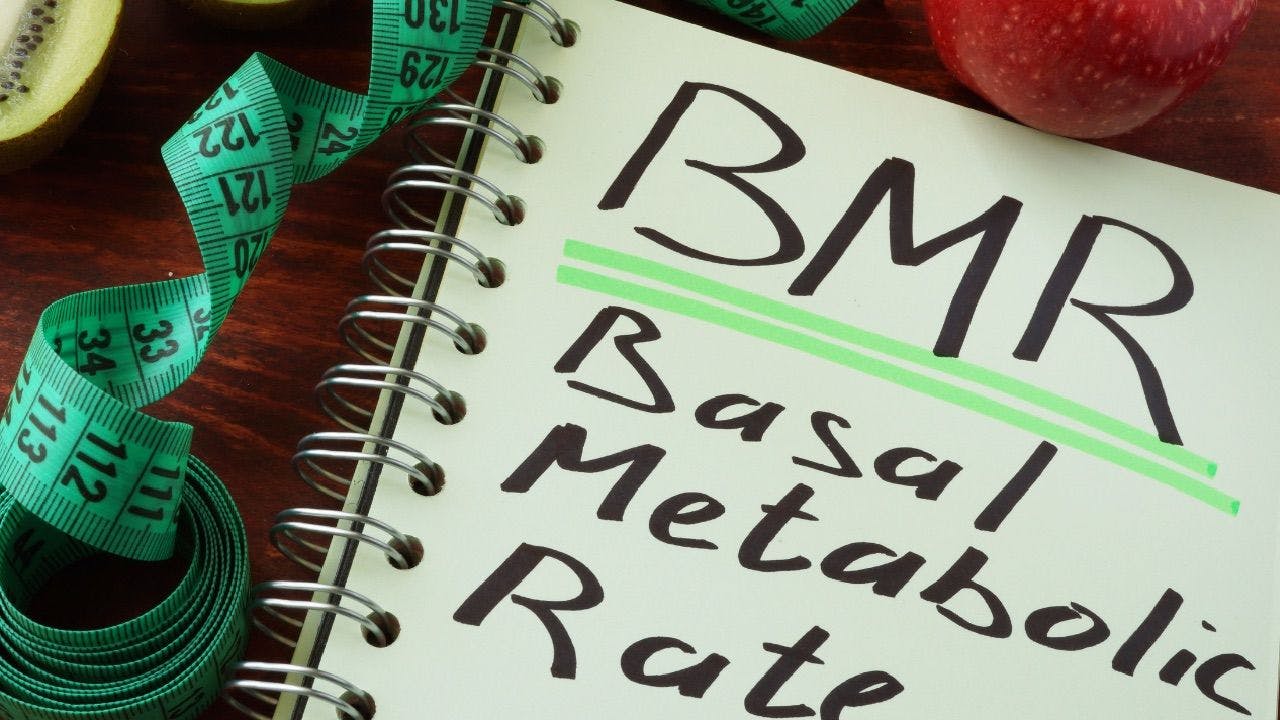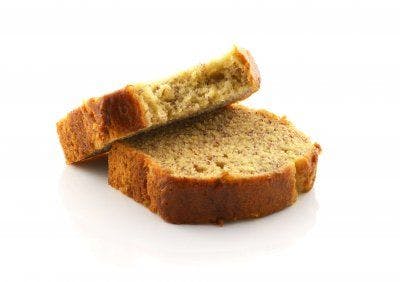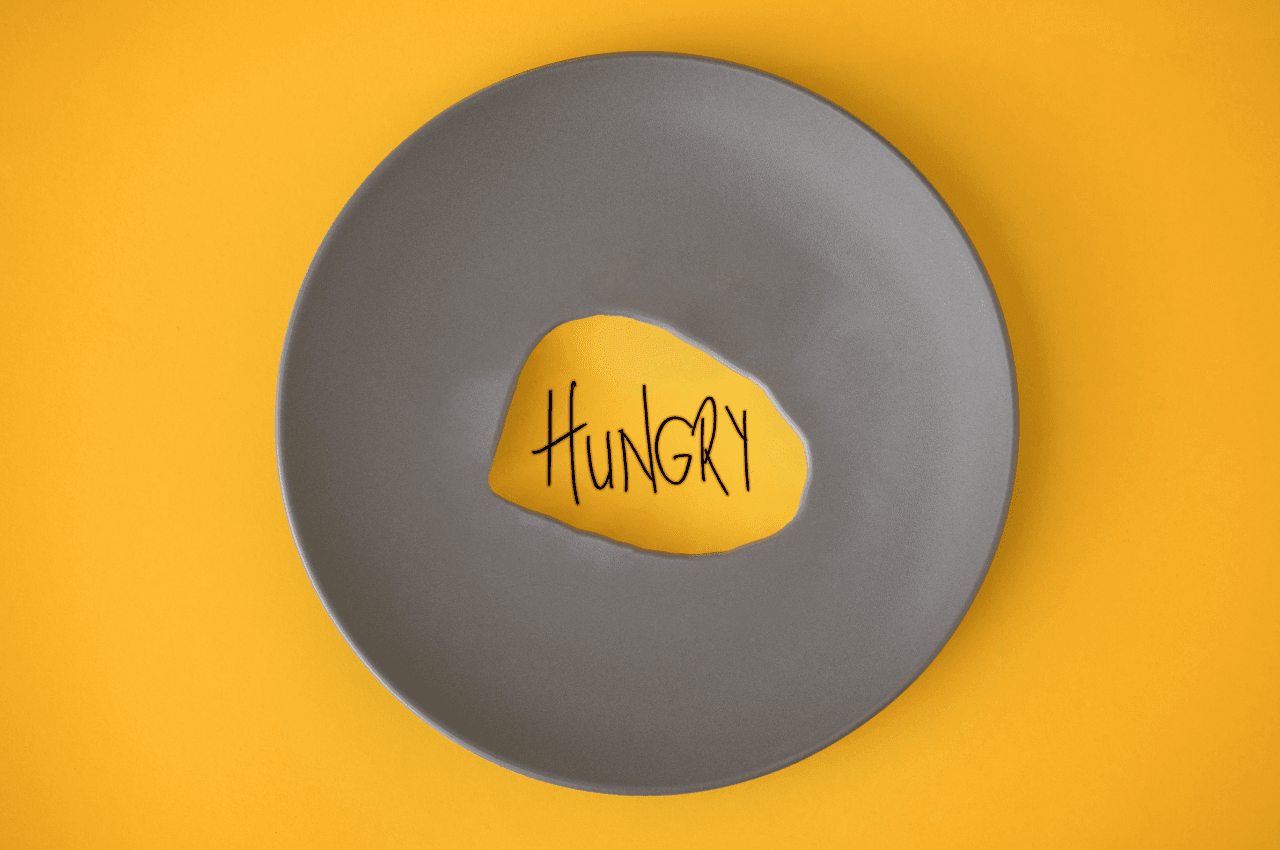BMI vs BMR
•Wellbeing

Share
We’ve all heard the term BMI but have you heard of a BMR?
Your BMR is your basal metabolic rate and it’s nothing like your BMI! Your basal metabolic rate is the number of calories your body burns at rest. It calculates the energy you burn from your brain performing the simplest of functions such as breathing and digesting.
The Science
BMR is more complex than your BMI. It’s made up of two metabolic components — anabolism and catabolism. Anabolism can be understood as the ‘building up of things’ whereas catabolic is the 'breaking down of things'.
To paint a picture, when your body is in a state of anabolism, it builds muscle. When your body is in a state of catabolism, energy is released.
BMR & Weight Loss
Understanding your BMR is far more helpful than knowing your BMI when it comes to actually losing weight. Knowing the number of calories your body burns at rest allows you to adjust your calorie intake and activity levels to support weight loss or maintenance all while maintaining overall good health!
BMR Myths
BMR is determined by genetics: Like most things in life, genetics are part of the equation but BMR factors in age, gender, body composition and activity levels. We did say it was complex!
Eating less will boost BMR: Extreme calorie-restricted diets can actually slow down your metabolism, this can make it even harder to lose weight.
BMR determines weight loss: While it provides you with a good baseline estimate of calories you should be consuming, exercise comes into play too, and that’s on you!
You can measure BMR at home: Nope. There are equations and formulas out there but accurately measuring BMR requires specialised equipment and expertise, so that’s one for the doctor. One tip we have is to wear a smart watch! Since they track your heart rate 24/7 they’re able to show you how many calories you burn each day regardless of what you get up to.
Takeaways
Your BMR can help you make more informed decisions about your health, weight loss and weight management goals. But don’t think of it as the be-all and end-all! It just provides a general overview of energy balance and metabolism.




